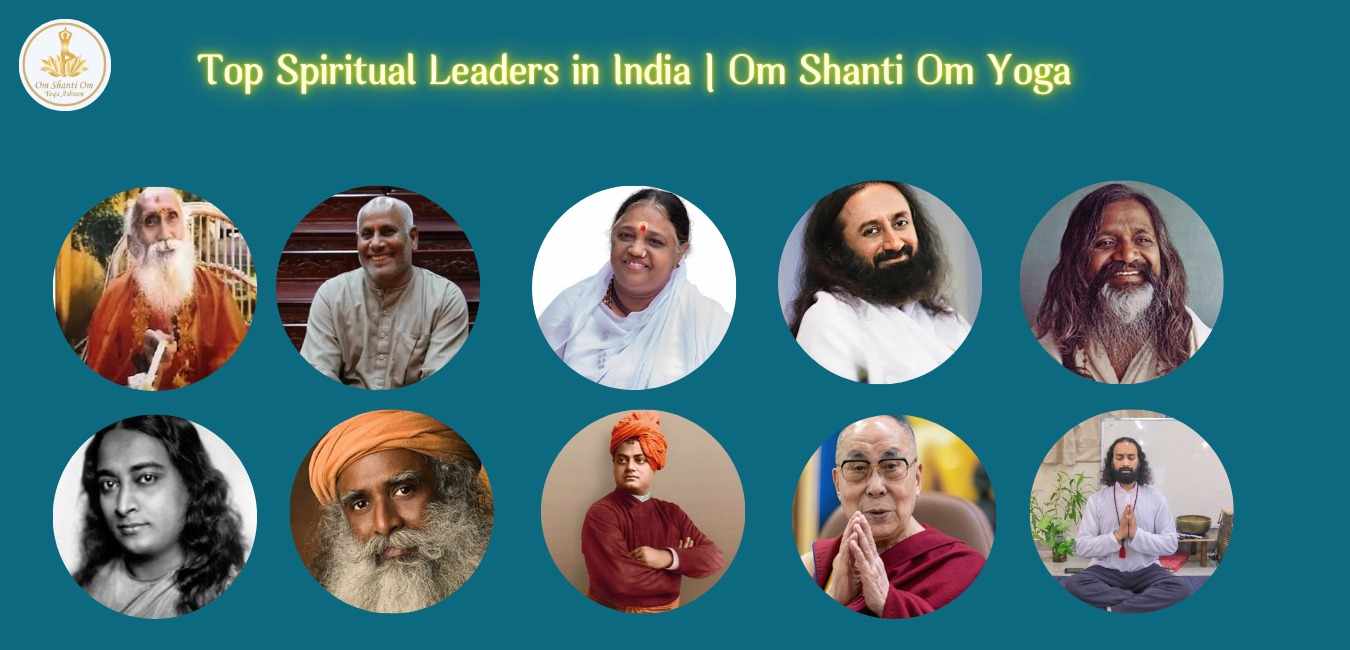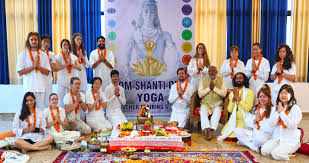
In a world increasingly dominated by materialism, stress, and uncertainty, the role of a Hindu spiritual leader has never been more relevant. Rooted in thousands of years of tradition, these leaders serve as beacons of hope, guiding people towards inner peace, ethical living, and self-realization. Whether it is through their teachings, writings, public discourses, or social service, a Hindu spiritual leader plays a profound role in shaping both individual lives and broader society.
Who Is a Hindu Spiritual Leader?
A Hindu spiritual leader is more than just a religious teacher. They are custodians of ancient knowledge, often trained in scriptures like the Vedas, Upanishads, Bhagavad Gita, and various yogic traditions. Many of them live ascetic lives, detached from worldly pleasures, dedicating their existence to spiritual practices (sadhana), meditation, service (seva), and teaching others the path to moksha (liberation).
Such a leader can be a guru, swami, sadhu, or acharya, and their influence extends across cultural, geographical, and generational boundaries. In many Hindu traditions, the guru-shishya parampara (teacher-student lineage) is considered sacred, emphasizing the transformative power of a genuine spiritual connection.
The Role of a Hindu Spiritual Leader in Society
A true Hindu spiritual leader is not limited to temples or ashrams. Their role expands into various aspects of social and personal development:
Moral Guidance: They offer ethical counsel rooted in Dharma (righteousness), helping people navigate dilemmas in life with wisdom and compassion.
Mental and Emotional Healing: Through meditation, chanting, and yogic practices, spiritual leaders help individuals combat anxiety, depression, and existential confusion.
Social Welfare: Many spiritual organizations led by Hindu gurus run schools, hospitals, feeding programs, and disaster relief efforts.
Environmental Advocacy: Recognizing the sacredness of nature, several Hindu spiritual leaders actively promote sustainable living and environmental conservation.
Interfaith Dialogue: These leaders often represent Hinduism on the global stage, fostering peace, unity, and understanding among different faiths.
Examples of Revered Hindu Spiritual Leaders
Throughout history, many Hindu spiritual leaders have left an indelible mark on the world. Some of the most well-known include:
Adi Shankaracharya: An 8th-century philosopher who consolidated the doctrine of Advaita Vedanta and traveled across India establishing mathas (monastic centers).
Swami Vivekananda: The dynamic disciple of Sri Ramakrishna who brought Hindu philosophy to the West at the Parliament of the World's Religions in 1893.
Sri Ramana Maharshi: Known for his teachings on self-inquiry (atma-vichara) and the question, “Who am I?”
Mata Amritanandamayi (Amma): A modern-day spiritual leader known for her humanitarian work and the message of universal love and compassion.
Sri Sri Ravi Shankar, Sadhguru Jaggi Vasudev, and Swami Sivananda: Contemporary Hindu spiritual leaders with millions of global followers who blend ancient wisdom with modern relevance.
These individuals, though differing in style and background, share a common purpose: awakening the inner potential of human beings and guiding them toward truth and self-realization.
The Teachings That Define a Hindu Spiritual Leader
The core teachings of a Hindu spiritual leader are not bound by rigid dogma but are flexible and deeply experiential. Some common themes include:
Self-Knowledge (Atma Jnana): Understanding the self beyond the body and mind.
Karma Yoga: The path of selfless action.
Bhakti Yoga: Devotion and surrender to the Divine.
Jnana Yoga: The path of wisdom and introspection.
Raja Yoga: Meditation and mental discipline.
Ahimsa (Non-Violence) and Satya (Truthfulness): As essential ethical pillars of life.
Through these teachings, they offer not just religious direction, but practical tools for living with balance, purpose, and peace.
Why the World Needs Hindu Spiritual Leaders Today
In a fast-paced digital age filled with distractions, polarization, and ecological crises, the need for grounded spiritual leadership is greater than ever. A Hindu spiritual leader offers an anchor—a voice of timeless wisdom in a sea of change.
Their teachings promote:
Inner Peace in a noisy world
Compassion in times of conflict
Clarity amid confusion
Unity beyond religious or national boundaries
Moreover, as the world becomes more interconnected, the inclusive and pluralistic philosophy of Hinduism, as taught by these leaders, has the potential to bridge divides and foster global harmony.
Conclusion
The legacy of a Hindu spiritual leader is not confined to temples or religious rituals. It lives on in the minds and hearts of those who seek truth, peace, and a deeper purpose in life. As carriers of eternal knowledge and messengers of universal love, they remind us that beneath the surface of our differences lies the same divine spark.
In embracing their teachings, we don’t just honor ancient traditions—we enrich our own lives and contribute to a more conscious and compassionate world.










Write a comment ...